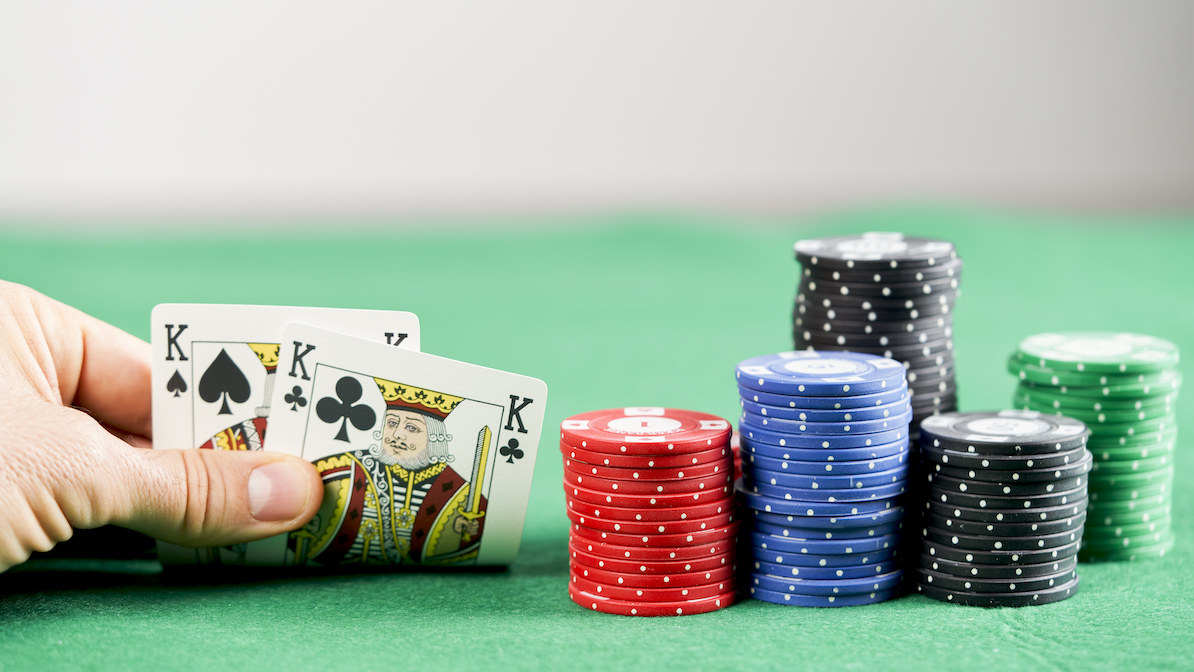Do you know the difference between problem gambling and responsible gambling?
The former type of betting is, well, problematic, while the latter is its antidote. Nevertheless, new research by Dr. Jonathan Ross Gilbert, an assistant professor of marketing at Hampton University, and UNLV marketing professor Dr. Marla Royne Stafford found that people often confuse the two “clearly different” terms.
It is for this reason why the two academics believe responsible gambling messaging often fails to get through to its intended audience — and with the support of the American Gaming Association and three of its partners, they aim to improve upon that standard.
On Tuesday, the AGA — in cooperation with Bally’s, BetMGM and FanDuel — announced that it had provided funding and access to thousands of players for Gilbert and Stafford to test certain RG messages and develop a free-to-use Responsible Gaming Intervention Effectiveness Scale (RG-IES).
According to the announcement, the RG-IES allows users to evaluate whether a given responsible gambling message has the potential to resonate with the public and meaningfully impact the thoughts, feelings and behaviors of gamblers.
Not coincidentally, September is Responsible Gambling Education Month.
Messages Should be More Positive, Engaging
After testing various advertisements on thousands of the three participating operators’ customers, Gilbert and Stafford concluded that RG messages designed by casinos and sportsbooks should be more positive, fun and engaging while avoiding “the clinical nature of traditional responsible gambling messages.”
The RG-IES begins with a statement which clearly distinguishes between PG and RG.
“Responsible gaming has to do with the concept of reducing potential harm (financial, psychological, relational, legal) for gamblers,” reads the scale’s introduction. “This term is completely different than problem gambling. Responsible gaming is about using gambling for fun and entertainment's sake while reducing potential harm.”
Respondents are then asked to view a piece of RG advertising and rate how strongly they agree with 15 predetermined statements about it on a scale of 1 (strongly disagree) to 7 (strongly agree). Among those statements are whether the ad content reminds people to gamble responsibly, highlights tools to help them gamble responsibly, teaches them about responsible gambling and how it impacts those around them, and encourages them to set betting limits and gamble less frequently.
A respondent’s scores in each category are then added and divided by 15. According to the scale’s creators, “Any message scoring below 4.0 (the mean of the scale) would not be considered particularly effective and should be redesigned to better reflect the desired characteristics of a responsible gaming message.”
To learn more about betting education and responsible gaming, please check out our responsible gaming resource hub.


